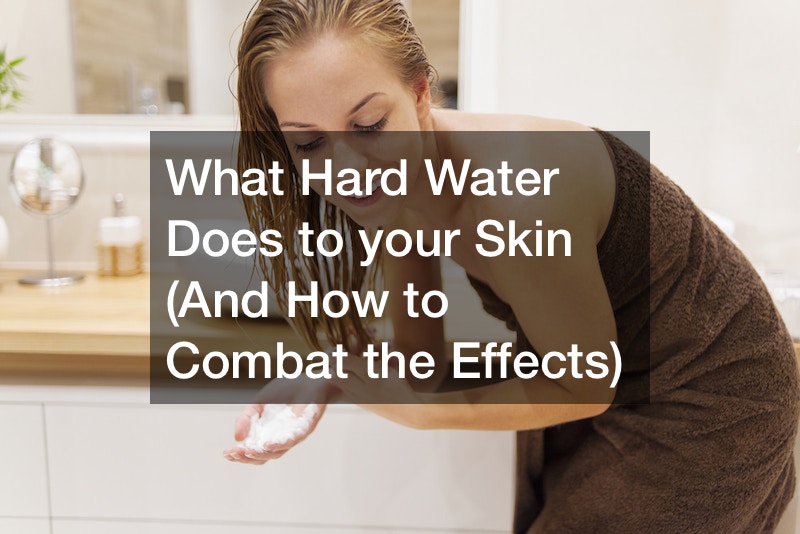Hard water – 0.5 cts Ceramides help keep water in the body, while humectants move water from the dermis to the epidermis. This helps to keep the outer skin layer hydrated.
Additionally, you can find skin products that contain an aqueous chelator that helps fight the harmful effects of hard water. A chelator is the only ingredient to eliminate calcium from skin. The ingredient is EDTA, which is Ethylene diamine Tetra Acetate. The ingredient can be found in to creams and moisturizers along with cleanser, cleansing products, and serums. The AAD recommends that people who suffer from eczema look for products with the The NEA Seal of Approval. This certification ensures that the product does not contain any ingredients that could be detrimental to sensitive skin. Talk to a dermatologist in a hospital on the impact that hard water can do to your skin, and about the solutions that may help.
Be gentle
Whatever you put on your face needs to be gentle and revitalizing. Don’t rub the towel directly onto your face once you’re completed bathing. Dry it instead. There is no need to wear all day long with makeup. Utilize gentle, mild exfoliation techniques. Make sure to exfoliate only 3 times per week. Beware of using AHAs, LAC glycolic acid, BHAs since they could cause skin irritation and sensitivities. You might also consider switching to pillowcases made of silk. The smooth texture of silk will not scratch your face, which can help reduce what hard water causes to your skin.
Hydrate your Scalp
Make sure to use conditioners and shampoos that are sulfate free for avoiding drying out your hair. They can cause dryness to your hair and leave it looking dull. The phosphates or sulfates may also be harmful to your good bacteria if the septic tank is plugged.
cpjsgqdttw.
